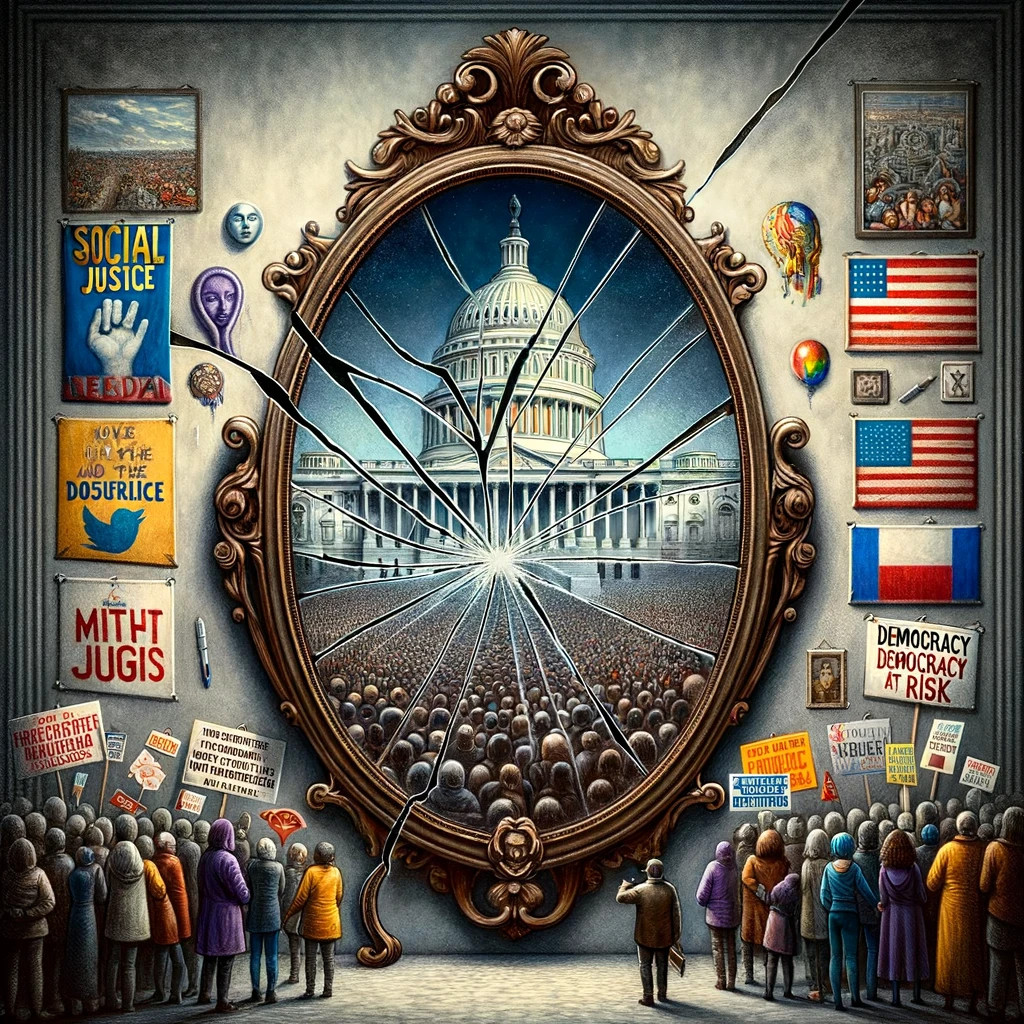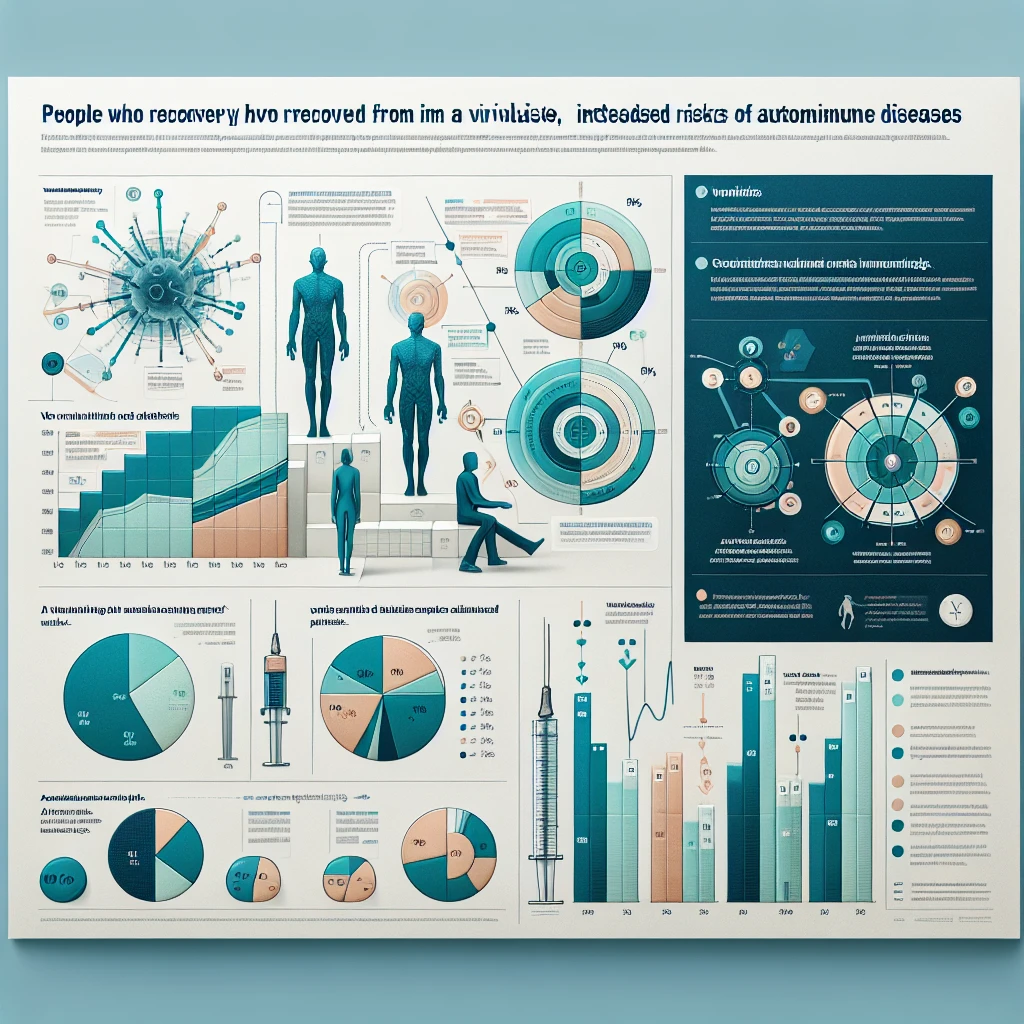
Media Bias and Threat to Democracy
This editorial highlights the dangers of a media landscape divided into left-wing and right-wing echo chambers, each presenting different 'facts'. It argues this division undermines democracy by eroding common ground and informed decision-making, as differing realities prevent meaningful public discourse and compromise. The article calls for diverse information sources and objective reporting to maintain democracy's health, emphasizing the importance of shared truths in democratic processes.
Editorial
The Fractured Mirror: Media Bias and the Threat to Democracy
By Adrian Thomas
November 26, 2023

Introduction
In a society where information is power, the role of the media as a purveyor of truth is indispensable. Yet, in our current political landscape, the media — both left-wing and right-wing — operates in increasingly isolated echo chambers, each presenting a different set of 'facts'. This editorial delves into the perils of such a divided media landscape and its implications for the future of democracy.
The Divergence of Facts
The division in media narratives is stark. On one hand, left-wing media often frames events with a focus on social justice, equity, and the critique of traditional power structures. On the other, right-wing media tends to emphasize personal liberty, free market principles, and national security concerns. This divergence goes beyond mere opinion or editorial slant; it often results in fundamentally different presentations of facts, leaving the public with a bifurcated understanding of reality.
Implications for Public Discourse
This fractured media landscape erodes the common ground necessary for constructive public discourse. When citizens cannot agree on basic facts, meaningful debate and compromise become nearly impossible. The resultant polarization not only weakens the fabric of our society but also undermines the democratic process, which relies on an informed electorate.
The Echo Chamber Effect
Both sides of the media spectrum are guilty of reinforcing their narratives within self-contained echo chambers. This practice, facilitated by social media algorithms and selective news consumption, creates a feedback loop. It entrenches beliefs, exacerbates biases, and widens the ideological divide, further entrenching the divide in perceived 'facts'.
The Threat to Democracy
In a democracy, informed decision-making is key. However, when the electorate is divided not just by opinions but by differing perceptions of reality, the very foundation of democracy is shaken. Without a shared set of facts, the democratic process devolves into a struggle for power rather than a pursuit of common good.
Conclusion
Our democracy thrives in the light of truth. As citizens, it is incumbent upon us to seek out diverse sources of information, question our preconceptions, and strive for a holistic understanding of the issues at hand. Media organizations, regardless of their political leanings, must commit to a higher standard of truth. For without light — the light of shared truths and objective reporting — democracy as we know it risks fading into the shadows.
LATEST ARTICLES IN Editorial
NBA Refutes LGBTQ Rights Condition in $150bn Samoa Deal.
PAHO Grants Six Countries Funds to Combat Diseases.
Azerbaijani Public Opinion on Peace Agreement.
Rare UK Rainforest Beetles Undertake Lengthy Journeys.
Join Our Newsletter
Popular Articles
-

Mar 13, 2024
Anyone But You - A Romantic Comedy Surprise of 2023 -

Feb 01, 2024
AI Company About to Revolutionize the Medical Space? -

Mar 20, 2024
COVID-19 Survivors at Risk for Autoimmune Diseases -

Jan 27, 2024
Get Rich in a Year with These 3 Coins!




